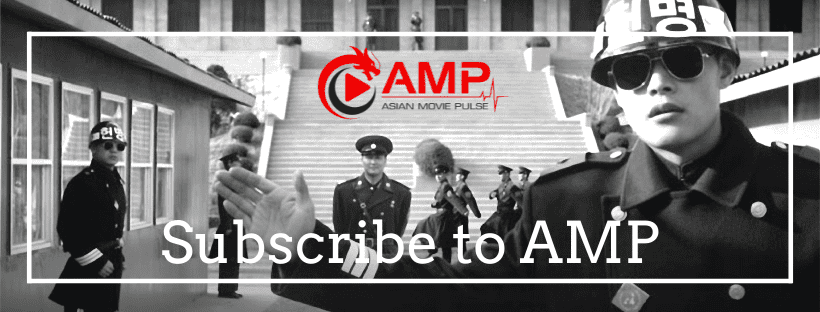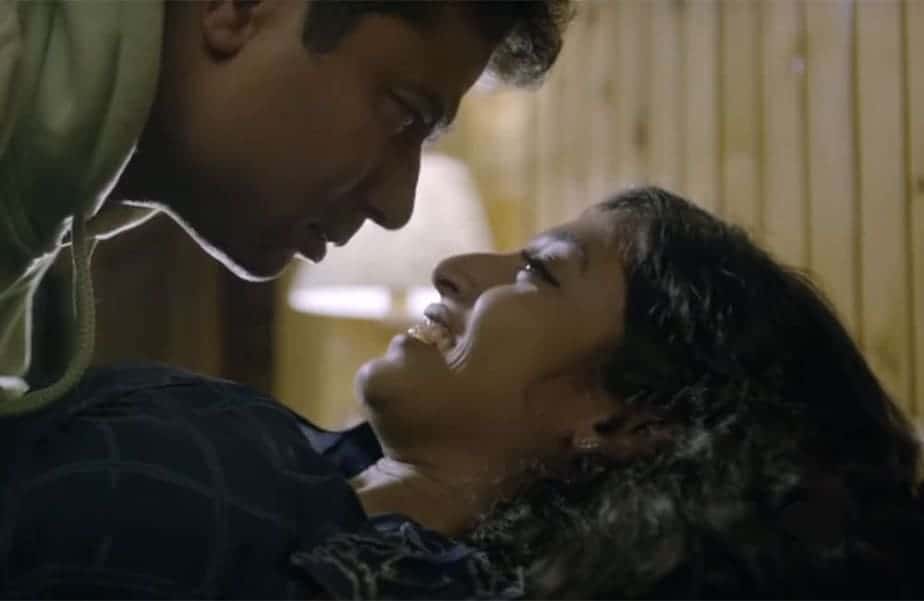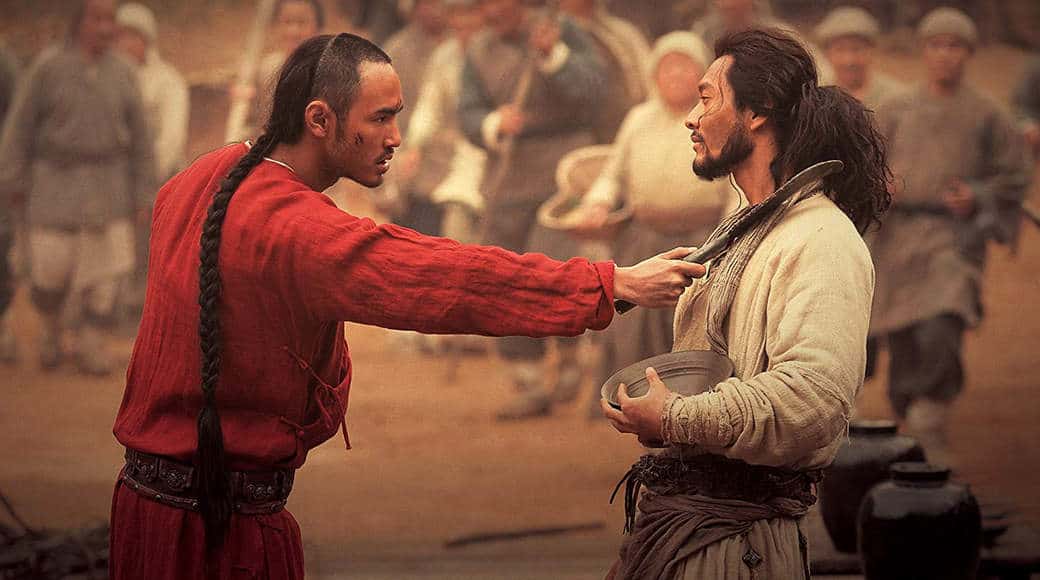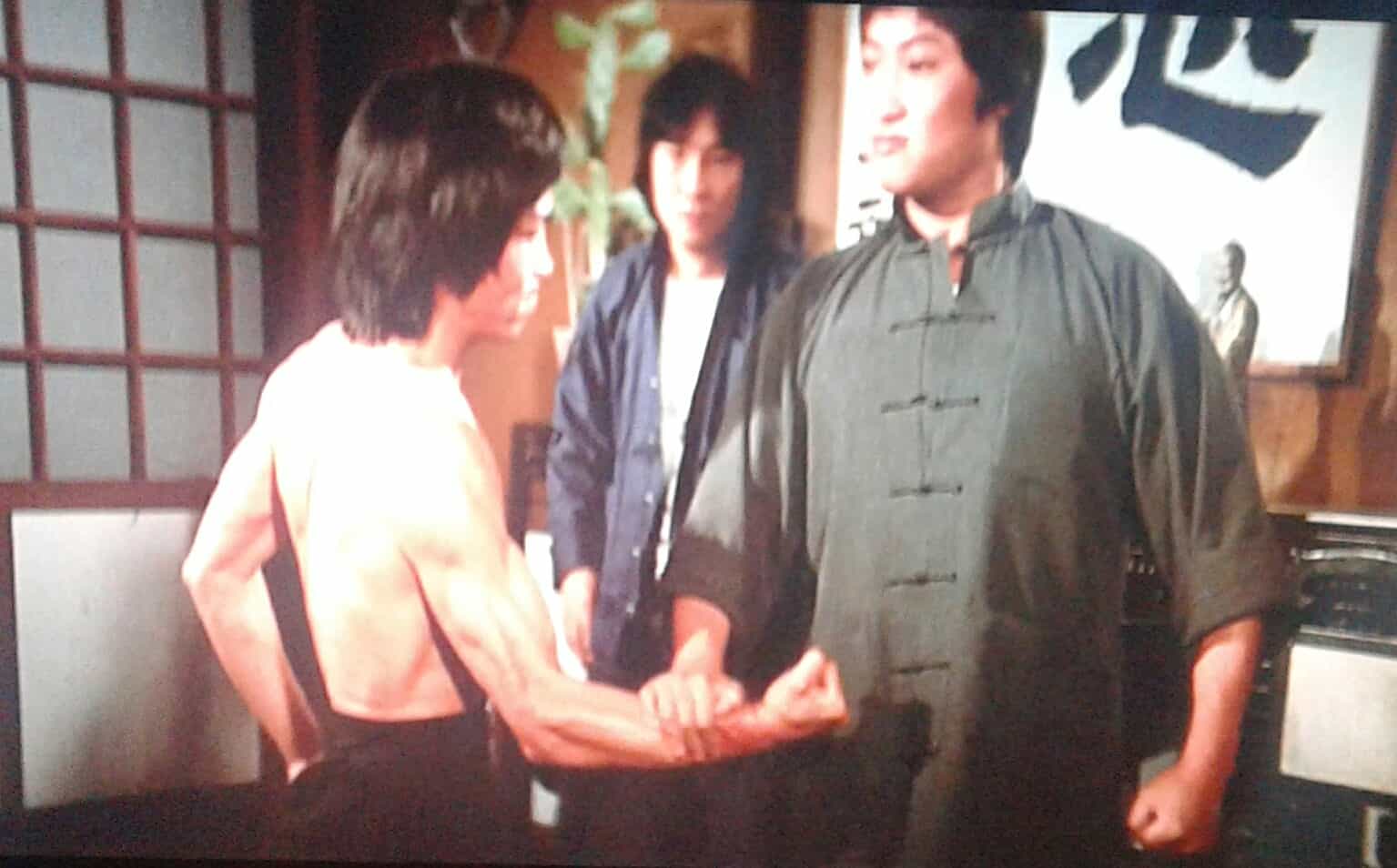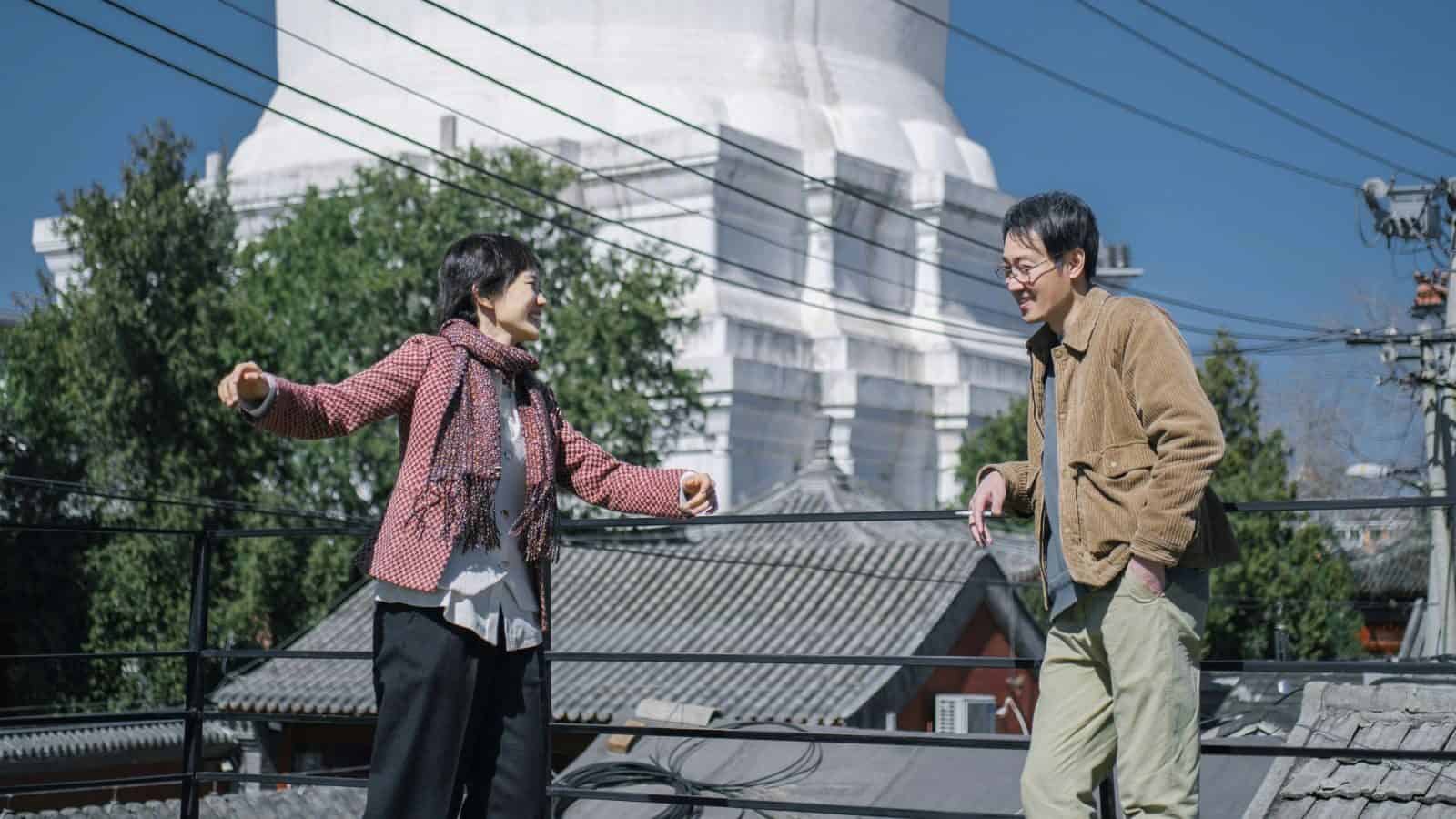With the release of his latest film, “Drive My Car,” filmmaker Ryusuke Hamaguchi continues to solidify himself as one of Japan's finest filmmakers working today. Hamaguchi's movies are stories about people experiencing everyday struggles with a raw realism that is not often captured in Japanese cinema as often as once was. Furthermore, the acclaimed artist is also known for pictures with long runtimes. At first glance, this may seem like a detriment, yet every minute of his work is generally utilized to the fullest potential. This is perfectly demonstrated in his intimate five-hour epic “Happy Hour.”
Buy This Title
on Amazon
Development for the movie began in 2013 during his time as an artist-in-residence at the creative arts center KIITO Design and Creative Center Kobe, where he hosted many theater workshops. He would get the project rolling when he held an improvisational acting workshop. Many of the workshop participants would end up appearing in the film. The screenplay would be written by Hamaguchi, along with the collaboration of Tadashi Nohara and Tomoyuki Takahashi. Fast forward to 2015, “Happy Hour” premiered at the Locarno Film Festival, where the four lead actresses, Sachie Tanaka, Hazuki Kikuchi, Maiko Mihara, and Rira Kawamura shared the award for Best Actress.
Set in Kobe, the story follows four middle-class women named Akari, Sakurako, Fumi, and Jun. All of them are in their thirties and embrace their friendship while all are handling their struggles. Characters suffer from depression, questioning their existence in the world. Feelings between romantic partners are blooming for some, while deteriorating for others. Family members begin to go their separate ways. Work-related stress begins to take a toll. Three of the leads are married, but not all are stable marriages, with one of the women going through domestic struggles in a pending divorce involving a psychologically abusive husband. These emotional conflicts are played out through a meditative examination of human behavior.
“Happy Hour” is not a typical epic. The film is not necessarily big on scale but instead large on emotions. Patience will be demanded as the movie is a slow burn, and more than one sitting may be required with so much to digest. A story like this could have easily come off pretentious, self-indulgent, and manipulative, but it is instead powerful, engaging, subtle, and at times heartbreaking. With the melancholy, there is also hope as the cast slowly begins to rise above their setbacks, which only further warrants the audience to continue watching this tale until its conclusion. The characters are well-done and interesting to follow. On top of that, they all play off each other very well. Hamaguchi does not shy away from social commentary that tackles many issues, forcing the audience to confront the fact that reality can be harsh. Yet, the narrative progression also demonstrates that life can still be beautiful, and there is warmth in an imperfect world.
The heartwarming friendship between the four leads is the film's strongest element. The acting all across the board is superb. Sachie Tanaka, Hazuki Kikuchi, Maiko Mihara, and Rira Kawamura are excellent and naturally slip into their roles. The supporting cast is also exceptional. As a result, the performances feel like the lives of real people are playing out right before the audience. It is astounding to think that much of the cast did not have much acting experience beforehand.
Yoshio Kitagawa's cinematography is elegant and beautiful. Shots are wonderfully composed; more often, there are details within each frame to admire. Aspects include the movement within a shot and how characters are framed. In addition, little touches like the lighting and subtle choice of color in certain scenes help add an atmosphere to the storytelling. There is also a nice variety of locations, showing off Kobe in its visual glory.
The movie would go on to earn universal acclaim, and for a good reason. “Happy Hour” is a terrific film that rewards its audience with a powerful narrative of midlife struggles. The runtime may intimidate first-time viewers and will likely require more than one sitting to complete. However, that doesn't take away from the exceptional filmmaking and compelling storytelling. It was a motion picture that was a turning point in Ryusuke Hamaguchi's career, and he would only continue to perfect his craft with future projects.




